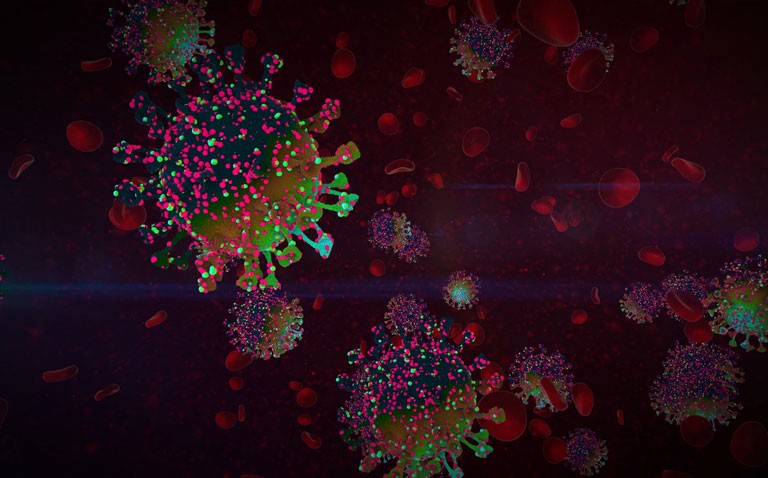It is recognised that symptoms can continue after an acute COVID-19 infection but the longer-term sequelae have been poorly characterised.
Studies have shown those infected with COVID-19 can continue to experience a range of symptoms 30 to 60 days after the initial onset of illness. One of the longest studies in patients hospitalised with the virus has reported on the continued presence of symptoms up to 100 days after infection. However, no studies have reported on the persistence of symptoms after this period of time. As part of a longitudinal prospective study, a team from the Division of Allergy and Infectious Diseases, University of Washington, US, have reported on the symptoms experienced by post-infection patients approximately six months after the initial onset of their symptoms. The study included people from one of two groups: patients hospitalised because of the severity of their infection (enrolled at hospital) and those with less severe disease, treated at an outpatient clinic. The also included a small group of asymptomatic patients. The researchers also recruited a group of healthy controls for comparative purposes. Patients provided baseline symptom data during the time of acute illness and a second questionnaire was completed between 3 and 9 months later.
Findings
A total of 117 participants (75.6% of the original cohort) with a mean age of 48 years (57.1% female) completed the follow-up questionnaire. The majority were of White ethnicity (76.3%) and the most common co-morbidity was hypertension (13%). The follow-up questionnaire was completed a median of 169 days after illness onset, though this ranged between 31 to 300 days. Overall, persistent symptoms were reported by 32% of those who were outpatients and 31% of hospitalised patients. The most common lasting symptoms reported among the whole cohort were fatigue and loss of sense of smell or taste (both 13.6%). Other reported symptoms included brain fog (2.3%) although 30.7% of the cohort reported a worse quality of life compared to baseline. Additionally, a similar proportion of outpatient (14%) and inpatient (18.8%) respondents continued to report having greater than three persistent symptoms. The authors commented on how the presence of continued symptoms did not appear to correlate with disease severity, affecting an equal number of those with mild and severe disease. They concluded by calling for comprehensive long-term investigations to fully understand the impact of this evolving pathogen.
Citation
Logue JK et al. Sequelae in adults at 6 months after COVID-19 infection. JAMA Netw Open










